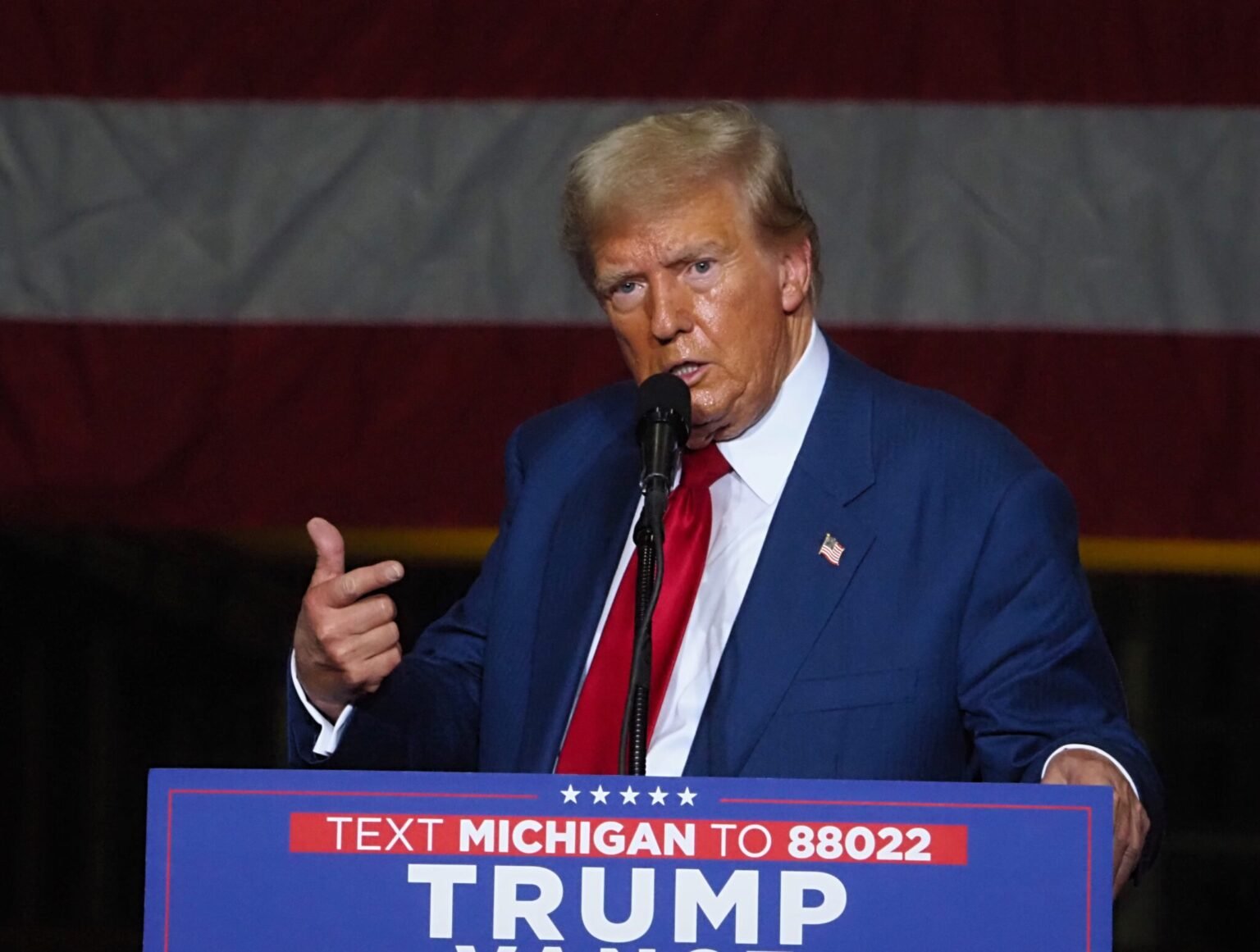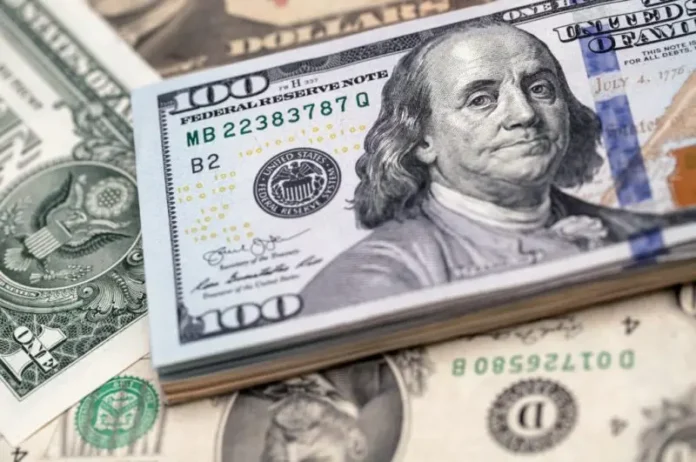Will the US dollar sustain its upward momentum into 2025, or will corrective moves and geopolitical risks slow its progress? Explore key drivers and technical levels to watch.
The US Dollar has gained more than 7% since October 2024, driven by long positions as expectations for President-elect Donald Trump’s policies—focused on tax cuts, spending, and tariffs—support a less dovish Federal Reserve (Fed) rate outlook. Recent strength in US services activity and retail sales, along with the first uptick in core consumer price index (CPI) since April 2023, suggests the economic data trend does not justify further aggressive rate cuts. This could prompt the Fed to tread cautiously to avoid a resurgence in inflation.
While the Fed may follow through with a 25 basis point(bp) rate cut in December, a signal of potential rate holds into 2025 is expected. Fed Chair Jerome Powell has recently taken a less dovish stance, stating that “the economy is not sending any signals that the Fed needs to be in a hurry to lower rates.”
Tariffs may widen interest rate differentials
Signals from President-elect Donald Trump suggest that trade restrictions could arrive sooner than expected. While US policymakers maintain that tariffs’ inflationary impact may be one-off, their economic repercussions are likely to be more pronounced for US trading partners in Europe and Asia, where exports make up a larger share of gross domestic product(GPD).

A significant decline in export demand due to tariffs could heighten the risk of economic slowdowns in these regions, triggering more aggressive monetary easing than in the US. For example, disappointing purchasing managers’ index(PMI) readings in the Eurozone have markets pricing in a potential 50 bp rate cut in January 2025 to prioritise growth. Such developments may widen interest rate differentials further, driving demand for the US dollar.
Safe-haven appeal amid geopolitical uncertainties
Geopolitical uncertainties in 2025 may also lend support to the US dollar’s safe-haven appeal. Historically, events such as the onset of the US-China trade war in July 2018 drove demand for the dollar, a trend that lasted until the Covid-19 pandemic disrupted global markets in 2020. While markets are better prepared for upcoming tariffs, retaliatory actions remain a possibility, suggesting that geopolitical tensions could escalate before easing.
Potential for a near-term corrective move
In the short term, technical indicators signal the potential for a corrective move in the US dollar:
- A bearish divergence on the daily relative strength index(RSI) suggests waning upward momentum
- A bearish crossover on the daily moving average convergence/divergence(MACD) reinforces this outlook.
The latest Commodity Futures Trading Commission (CFTC) data shows aggregate US dollar positioning versus other G10 currencies at its highest level since July 2024, raising the likelihood of a near-term cool-off. Additionally, seasonality trends suggest that the US dollar tends to weaken towards year-end, with a rebound typically seen in January.

